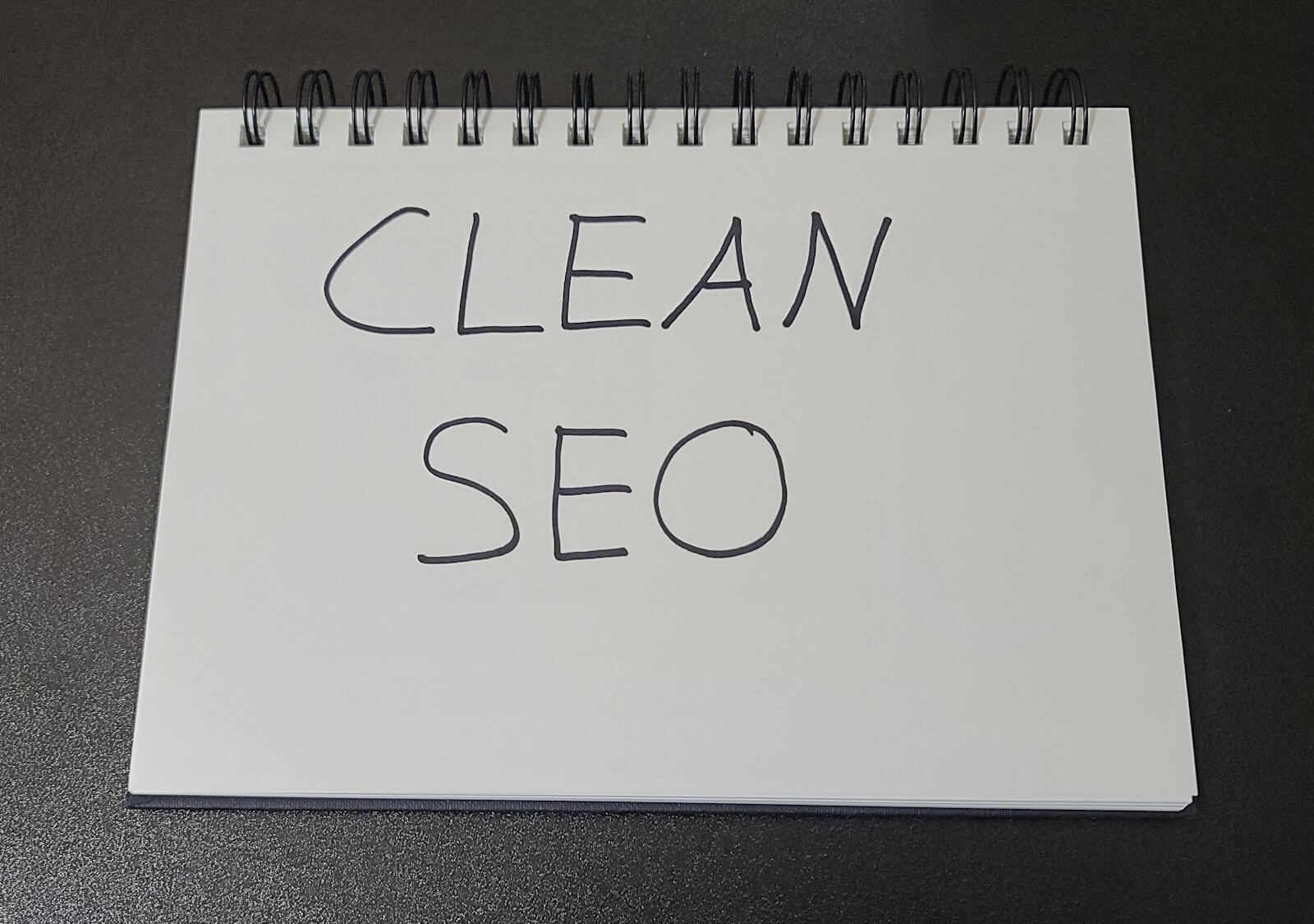Steve was my first lawyer. Lawyer isn’t the best word to describe him considering all he did for me, but I suppose he was a lawyer first and foremost so that’s what I call him. He helped me set up my first business, helped me file my taxes properly, taught me it was possible to negotiate a non-compete agreement with an employer, and gave me a lot of advice when I was getting started as an adult in the world.
Steve had been my grandpa’s lawyer too. My grandpa was a man with values and principles I agreed with, so getting started in life with the guy he called his lawyer simply made sense in a way I didn’t even think about at the time. I was too young and new to realize lawyers have their own beliefs that guide their work (I just figured they went to law school then all generally did the same thing). But that connection with my grandpa removed the friction that might have come from choosing to work with someone with different values and principles — someone you might call sketchy or shady.
Digital marketers, I later learned, love being shady. They love finding loopholes and exploiting what’s working right now without thinking about the long-term consequences it’ll have on their clients. It’s a wild industry in which nobody is upfront about their moral or ethical standards, and to be fair, clients aren’t asking (of course, they start asking real quick when things stop working).
We tried being very open about this with the first version of our website. We listed what goes into our SEO services, line by line. Nobody read it. Why would they? To our clients, we are no different from lawyers, doing work they don’t understand nor desire to learn; they just want to know they’re in good hands. That’s a hard message to send over the internet.
Actually, that’s not true — not all businesses care about being in good hands. Well, that’s not quite true either — they still care, but some are okay with being in shaky hands if it means their business will grow faster.
Let’s talk about that.
Ethically & Morally Sketchy SEO
SEO techniques can be categorized as white hat (safe, in agreement with policy, legal), black hat (risky, against policy, can be illegal), or grey hat (somewhere in-between). There is no single agreed-upon authority that organizes techniques into each category. I think debating the separation is not a productive use of time and prefer to call things either clean or sketchy.
In the short term, sketchy tactics work better than clean ones. We’ve seen it work for people for years. But it inevitably stops working, and the consequences can be real dumpster fires (we’ve seen that too). While it’s mildly entertaining to watch as an outsider, it’s also enough motivation for us to say we don’t do sketchy SEO for our clients. Doing SEO for clients is like driving a friend’s car — there are things you just don’t do with a friend’s car that you might do with your own.
Here are some common examples of what we consider sketchy SEO and the accompanying risks.
1. Location pages as doorway pages
Your business is located in one city but you want to rank in others, so you create a generic landing page in five minutes with AI content that works for any location, duplicate it and swap out the city name, then slap links to the pages in the footer of your website. Congrats, you now have doorway pages.
There is a correct way you can build location pages, but this isn’t it. Sooner or later Google will wipe them from their index, causing website traffic and leads to plummet. There’s plenty of other stuff to prioritize without wasting time on spammy tactics like this.
2. Link building via private blog networks
Getting quality, relevant links is hard. Some people build their own portfolio of websites (usually referred to as “private blog networks” or “PBNs”) and link to themselves, or pay other people who own PBNs to link to them.
With doorway pages, you risk Google de-indexing some pages of your website. With PBNs, you risk them removing your entire website from Google.
3. Google Business Profiles at fake addresses
It gets harder every year, but there are some remarkably creative people who specialize in getting businesses verified on Google at ideal locations based on your service area. The problem comes when Google asks you to reverify your business a few months later.
Usually, Google suspends the profile once they catch on and leave it at that, but it’s also possible that they might ban your business permanently.
4. Buying Fake Reviews
Buying fake reviews is illegal. In addition to the same consequences from Google for using a fake address, you might hear from the FTC. This quote directly from them sums it up:
“Is this new rule going to sit on the proverbial bookshelf and collect dust? You better believe it won’t. The FTC will look to use it, when applicable, to go after those who employ these prohibited practices to hoodwink consumers and get an unfair leg up on their competitors. No honest business should be worried about the rule, as it only reflects what we believe is already illegal under Section 5 of the FTC Act. If you’re a dishonest business and don’t want to give our new rule five stars, that’s okay. We guarantee you won’t be getting a good review from us either.”
Michael Atleson, FTC Official
If you want to do these things, you’ll have to do them yourself or ask somebody else. For us, it’s just not how we like to do business.
If you find out your current digital marketing agency is doing these things and you’d rather clean up, reach out and let us know!


0 Comments